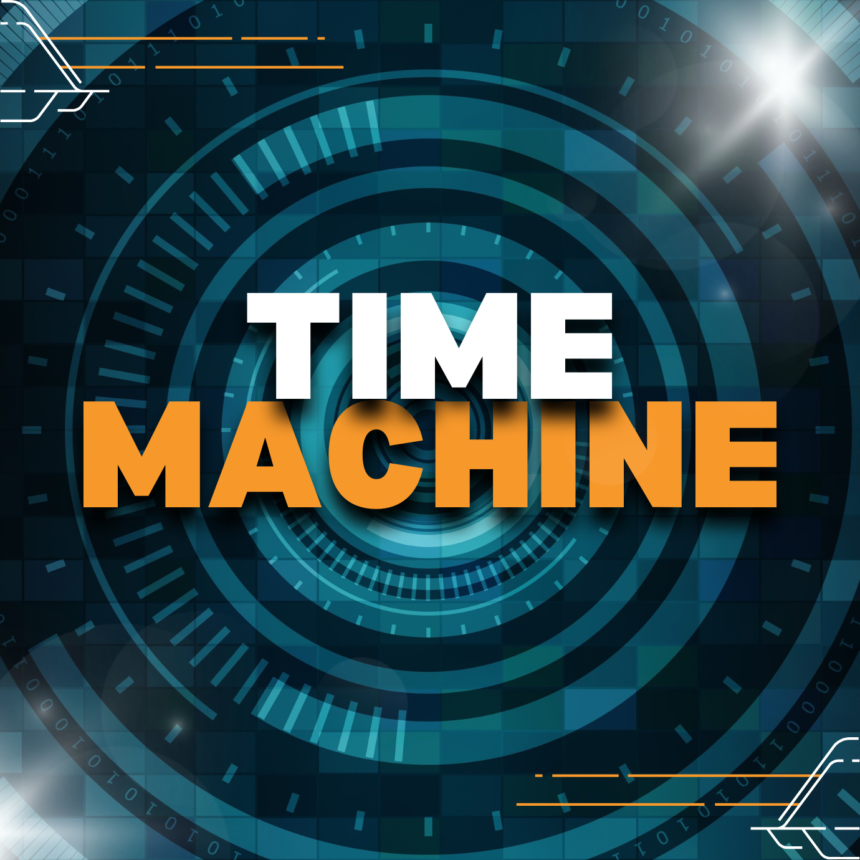Time travel is a fascinating concept that has captivated the human imagination for centuries. The idea of journeying through time, visiting the past or the future, and potentially altering history is both thrilling and mind-boggling. However, the notion of time travel also brings about various paradoxes—logical conundrums that challenge our understanding of cause and effect. Let’s explore some of the most intriguing time travel paradoxes and their implications:
1. The Grandfather Paradox:
The Grandfather Paradox is perhaps the most famous time travel paradox. It posits that if a person were to travel back in time and prevent their grandparents from meeting, it would create a contradiction. If the grandparents never met, then the time traveler’s parents would never be born, leading to the time traveler’s own non-existence. This paradox suggests that altering the past could result in contradictions that are logically impossible.
2. The Bootstrap Paradox:
Also known as the Ontological Paradox, the Bootstrap Paradox involves a time loop in which information or objects are sent back in time with no clear origin. For example, imagine a person writes a famous song but attributes it to a historical figure from the past. The song becomes popular, and someone in the future discovers the sheet music, travels back in time, and gives it to the historical figure, creating a loop with no original source for the song.
3. The Predestination Paradox:
The Predestination Paradox involves events in the past being influenced by time travelers from the future, leading to a predetermined outcome. In this paradox, a time traveler’s actions in the past may be the very events that led to the future they came from, creating a closed causal loop with no clear beginning or end.
4. The Information Paradox (Hawking’s Paradox):
The Information Paradox is closely associated with black holes and the theoretical concept of time travel through wormholes. According to Stephen Hawking, if information (such as an object or data) were to enter a black hole, it would be lost forever due to the black hole’s strong gravitational pull. However, if the black hole were to evaporate over time (as suggested by Hawking’s radiation theory), this lost information would seemingly reappear, challenging the conservation of information in the universe.
5. The Twin Paradox:
The Twin Paradox is a thought experiment involving one twin traveling at near the speed of light while the other remains on Earth. When the traveling twin returns after a period of time, they would have aged less than the twin who remained on Earth due to time dilation, where time passes differently depending on the relative motion and gravitational forces. This paradox highlights the peculiarities of time as experienced in different frames of reference.
Resolving the Paradoxes:
While time travel paradoxes offer fascinating scenarios, they also present philosophical and scientific challenges. Many theoretical physicists believe that time travel, as commonly depicted in science fiction, might be inherently paradoxical and incompatible with the laws of physics. Some propose that the existence of paradoxes implies that backward time travel is simply not possible or that it may be restricted to a specific set of conditions yet to be fully understood.
In Conclusion:
Time travel paradoxes continue to fuel our fascination with the concept of time travel, pushing the boundaries of our understanding of the universe. While these paradoxes remain theoretical puzzles, they inspire scientific inquiry, philosophical debates, and captivating narratives in literature and entertainment. As we explore the mysteries of temporal logic, we gain valuable insights into the nature of time and the complex interplay of cause and effect in our universe.
